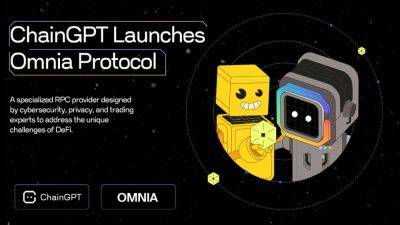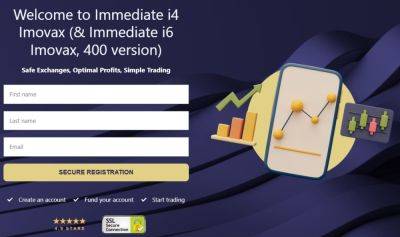Navigating the world of DeFi swaps: evolution and the future
Decentralized Finance (DeFi) revolutionizes the way we exchange assets, allowing for cryptocurrency swaps through smart contracts on blockchain networks. This innovation bypasses the need for a middleman, ushering in a new era of financial autonomy and flexibility.
DeFi swaps, among other venues, can be facilitated by decentralized exchanges (DEXes), which employ automated market makers (AMMs) and liquidity pools to ensure trades reflect real-time supply and demand.
AMMs are at the core of DEXes, facilitating a decentralized trading model. AMMs distinguish themselves from traditional exchanges by using a mathematical formula instead of order books to set asset prices in a liquidity pool, bypassing the need to directly match buyers and sellers. This formula can vary across different DEXes but typically involves the product of the quantities of the two tokens remaining constant. Liquidity providers fund these pools by depositing pairs of tokens, and in return, they receive a portion of the trading fees plus potential liquidity mining rewards. This model allows for seamless, automated trading without the need for traditional market makers.
DEX aggregators enhance the efficiency and effectiveness of swaps by aggregating liquidity from multiple DEXes to find the best exchange rates for users. This process involves scanning various liquidity pools across different platforms to execute a swap at the most favorable rate, thereby minimizing slippage and maximizing trade value. A DEX aggregator can be integrated directly into crypto wallets, providing users with a consolidated entry point to the vast DeFi market. This not only simplifies the swap process but also significantly improves liquidity, facilitating easier execution























